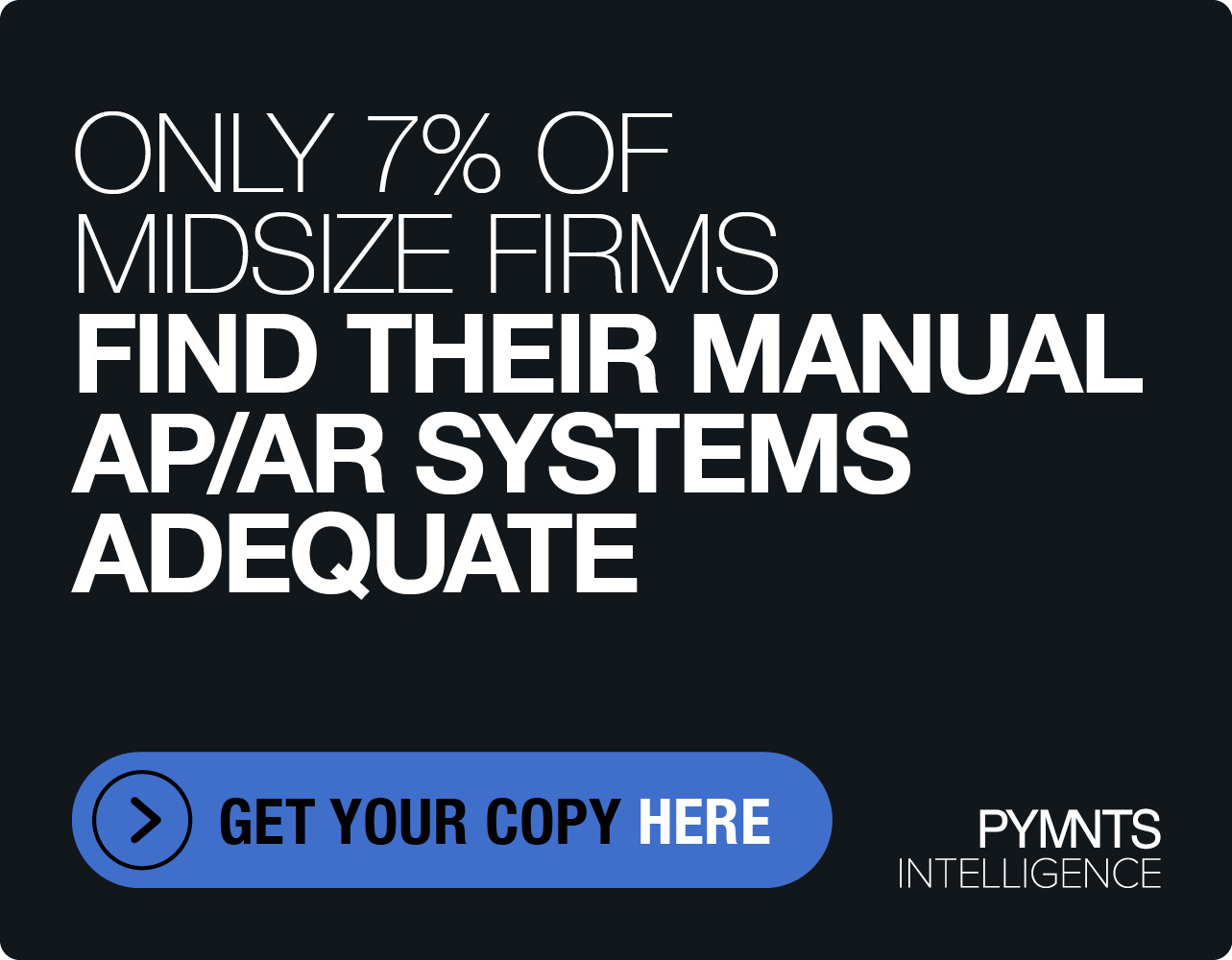Mall Owner Washington Prime Caught Between Struggling Tenants, Angry Creditors

The owner of 100 shopping malls in more than two dozen states is under pressure following multiple news reports that Washington Prime Group (WPG) is set to file for bankruptcy protection. The reports not only cut WPG’s already beleaguered share price in half, but also extended a month-long slide that has reduced its market value by 75 percent, with a share price below $3, down from $170 in 2014.
Although the Columbus, Ohio-based landlord has not commented on the most recent media reports, the company’s financial struggles have been no secret as it has toiled to balance the pandemic-related needs of its tenants — many of whom have filed for bankruptcy themselves or shuttered less profitable locations — while trying to reach an agreement with its creditors.
Although the company’s share price has been trending lower for seven years since it spun off from Simon Property Group in 2014, the bankruptcy reporting peaked in February when WPG said it would be late on a $23 million interest payment. That news caused ratings agencies, including Fitch, to downgrade the company’s rating further into junk status, reflecting a high probability of default.
“Fitch does not expect lenders to have a significant appetite for retail real estate that does not have a significant grocer component or other essential use,” stated the Feb. 17 downgrade note. “Fitch anticipates operating performance deterioration will necessitate a debt exchange or bankruptcy event prior to the maturity of its credit facility in December 2022.”
‘Then COVID Reared Its Ugly Head’
When WPG last reported earnings results in November, CEO Lou Conforti said in a letter to shareholders that since he took the helm roughly five years ago, his straightforward objective has been to “provide Middle America with relevant goods and services” via a “town center” type of retail experience at a time when malls were losing ground to the surge in online shopping.
“It became crystal clear we couldn’t sit on our hands waiting for the usual suspects to lease our space. Nor were we going to regain our guests’ respect by superficial and patronizing measures,” Conforti said, noting the need for a fundamental shift in WPG’s role as a landlord. In short, he said, WPG needed to proactively diversify its tenancy, bring life to its common areas and deliver adaptive reuse projects where large vacancies had opened up.
“Then the COVID-19 pandemic reared its ugly head,” Conforti’s November commentary continued.
‘One Heck of a Challenging Landscape’
Just three months ago, Conforti said the company was “actively negotiating with existing investors” on a deal that would substantially deleverage its balance sheet and significantly improve WPG’s financial metrics while providing relief through the third quarter of 2021.
At the same time, despite what WPG called “one heck of a challenging retail landscape,” the company reported that its leasing volume had turned positive, up 7 percent from a year ago, and that it had collected 87 percent of Q3 rental income.
“While [COVID] was certainly one heck of a blow, it’s not a knockout punch,” Conforti noted.
While there is still time for WPG to reach an agreement with its creditors and investors, the clock is definitely ticking, while the negative media attention and dismal stock market performance are only making matters worse.
“It ain’t easy,” Conforti said to investors on the Q3 call, referencing the COVID-era task of transforming WPG’s malls into relevant, exciting places to go, “but [we] are adamant that [this process is] going to continue, and we are going to transform our assets accordingly.”
